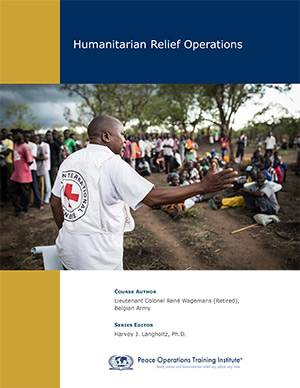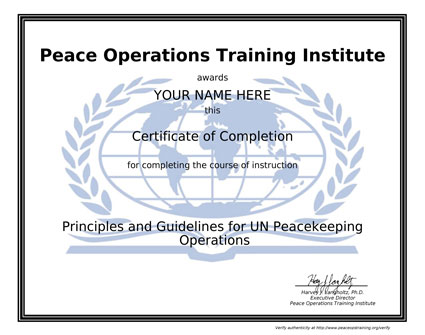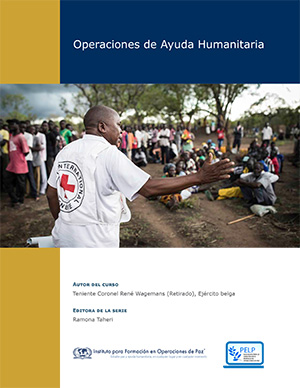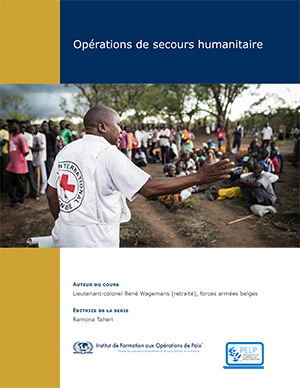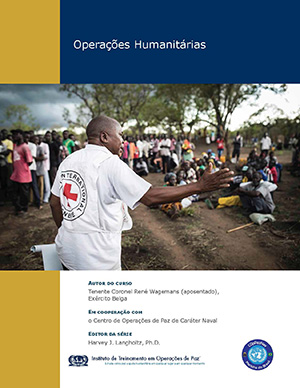Each disaster or emergency is different, and so is each humanitarian relief operation. Understanding the dynamics of a disaster and all the actors involved is essential to provide adequate assistance to the affected population and government. Over the years, some have criticized the humanitarian community for the conduct of certain humanitarian actions. Practitioners have not always applied the lessons previously learned from humanitarian relief operations. Numerous documents and manuals have recorded best practices leading to a better response when applied. Unfortunately, humanitarian action is not an exact science and will depend on the ability and adaptability of the humanitarian worker to the situation on the ground. Major disasters often lead to the creation of an additional layer of rules and directives, making the situation increasingly complex for “outsiders”. This course attempts to simplify these concepts as much as possible by focusing on the most important aspects to demystify this complex environment. At the same time, this course provides much practical information on the different types of disasters and how to interact with some entities and structures often deployed in the field. The 2021 edition of the course includes definitions and principles, recent doctrine on humanitarian relief activities, and recent examples of humanitarian relief operations. Nine lessons.
About the Author: Lieutenant Colonel René Wagemans (Retired) began his career in the Belgian Army in 1977, where he served as head of the Humanitarian Crisis Response Branch (OF-4) at the General Staff. He retired in 2014 and served as a reservist until 2019 in the same staff position. In his career, Wagemans participated in several peace operations/peace enforcement missions in staff and command functions. As a representative of the Belgian Army and member of the Belgian First Aid and Support Team (B-FAST), he participated in several humanitarian relief operations, most recently after Typhoon Haiyan in 2013. He has been an UNDAC member since 2005 and deployed as a team member and team leader to several disasters. Between 2011 and 2019, Wagemans was a lecturer, facilitator, and coach for different UNOCHA courses as well as courses related to the European Civil Protection Mechanism.
Number of pages: 230 [English]
Publisher: Peace Operations Training Institute [22-03-2021]
